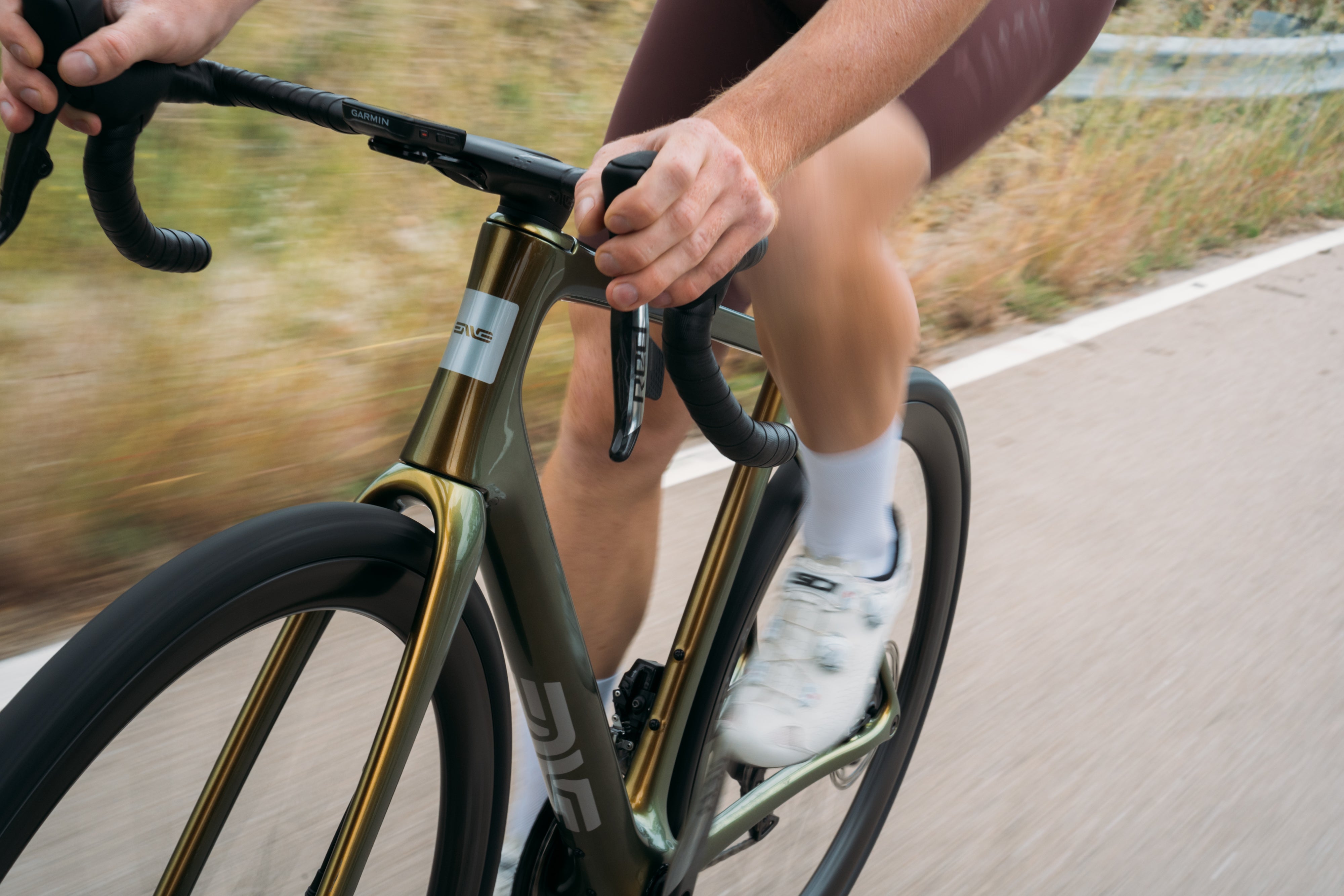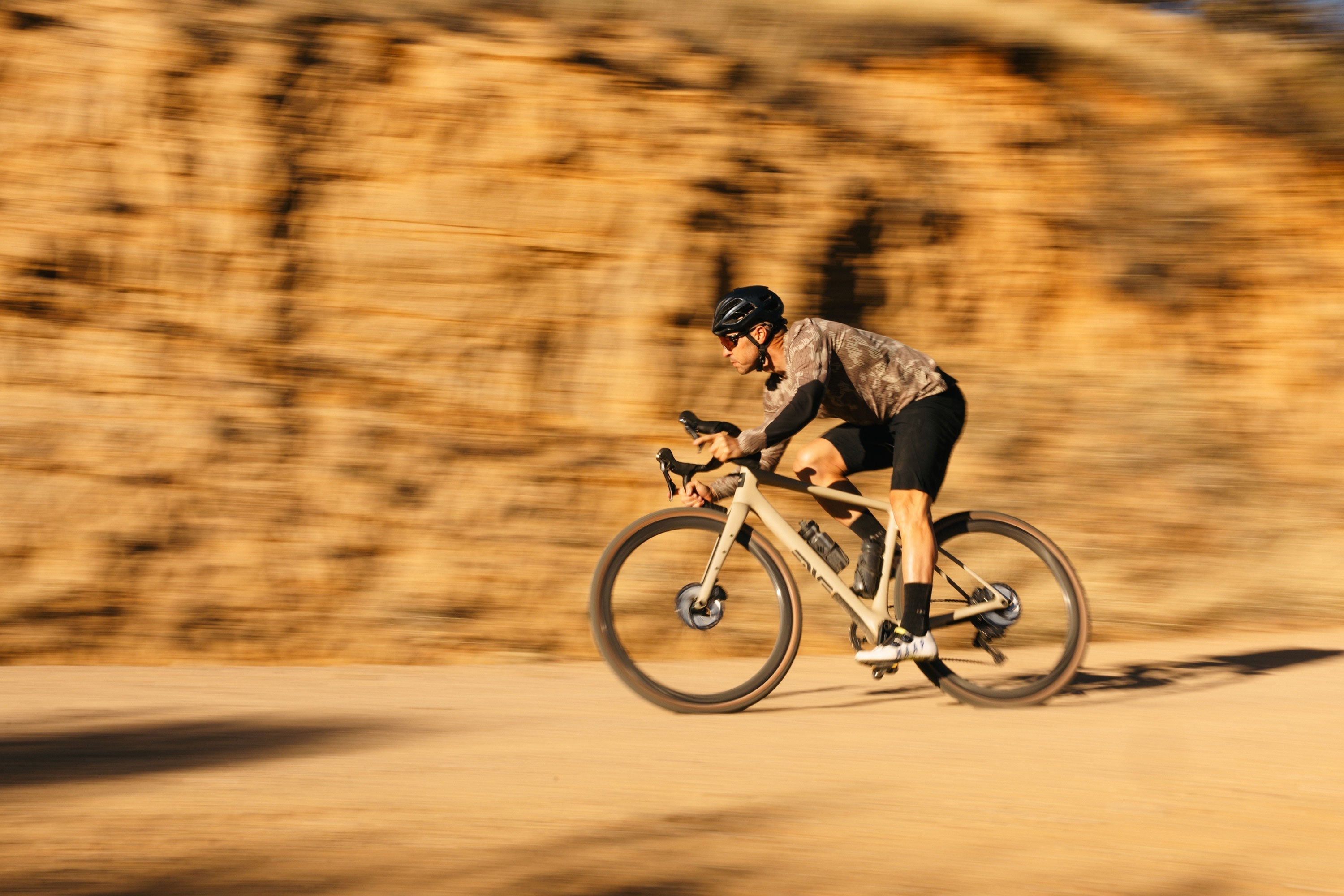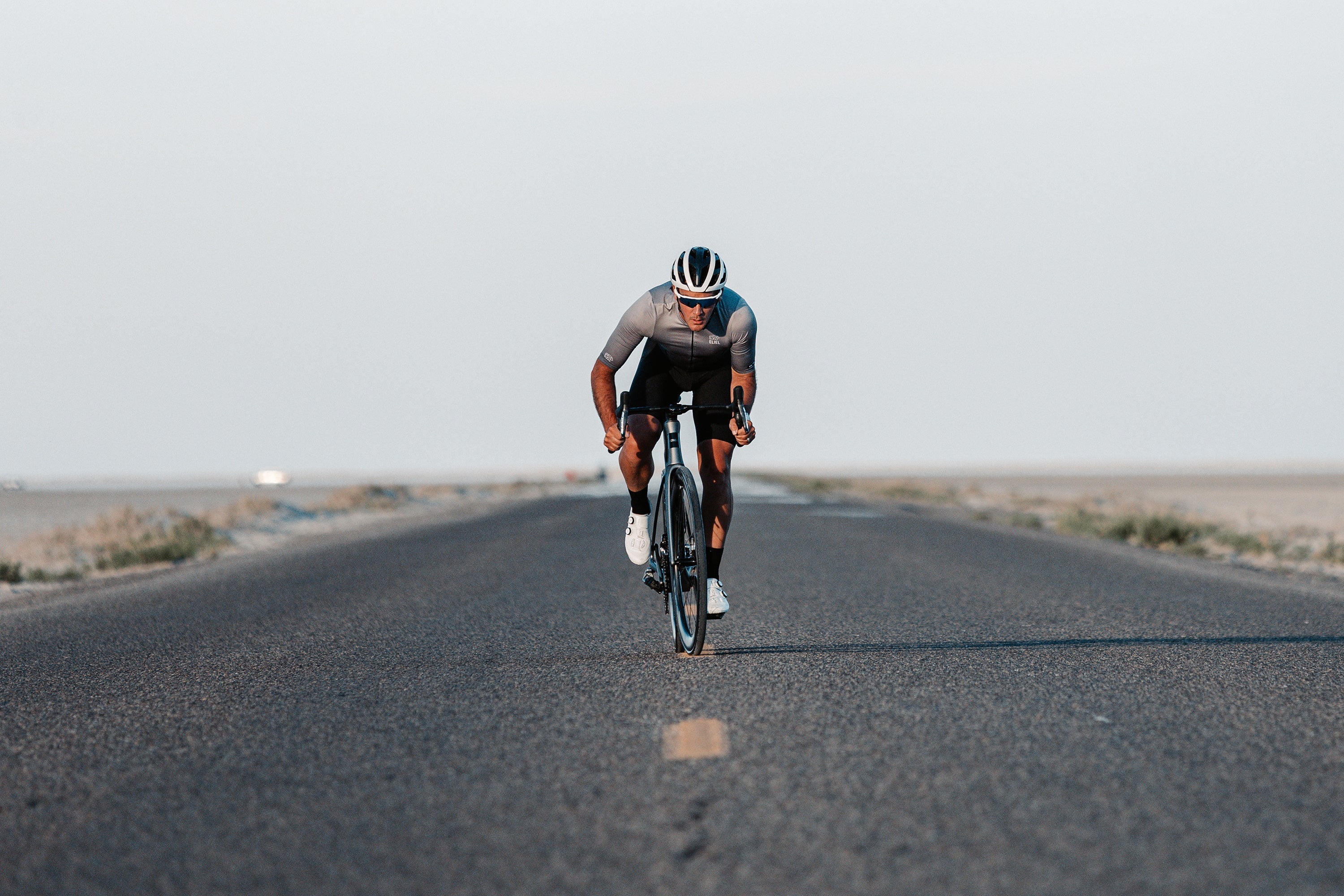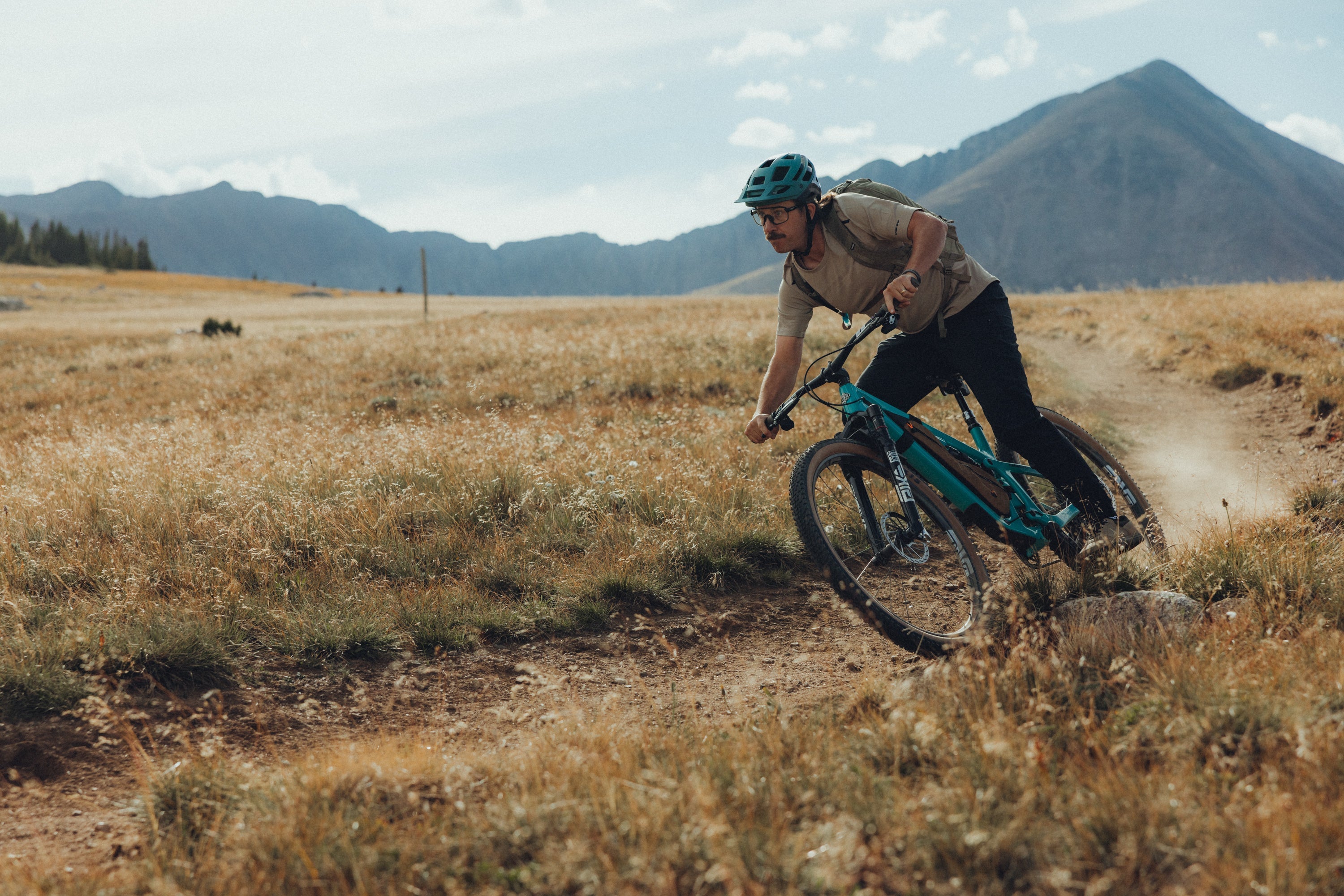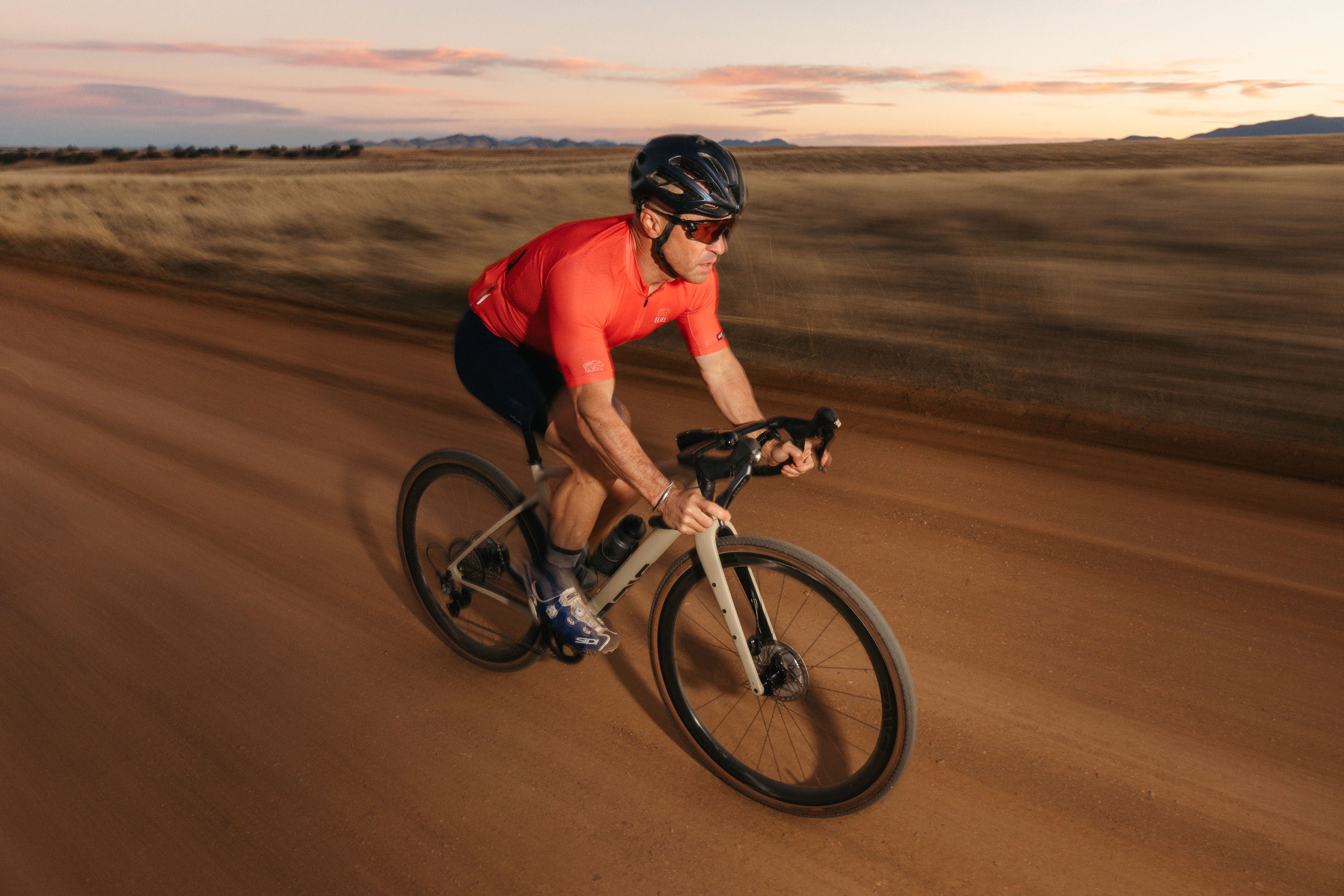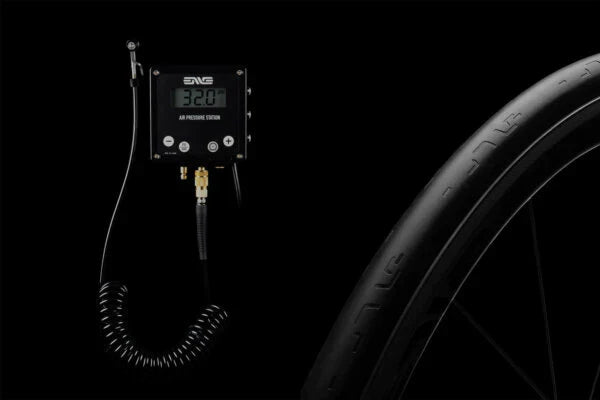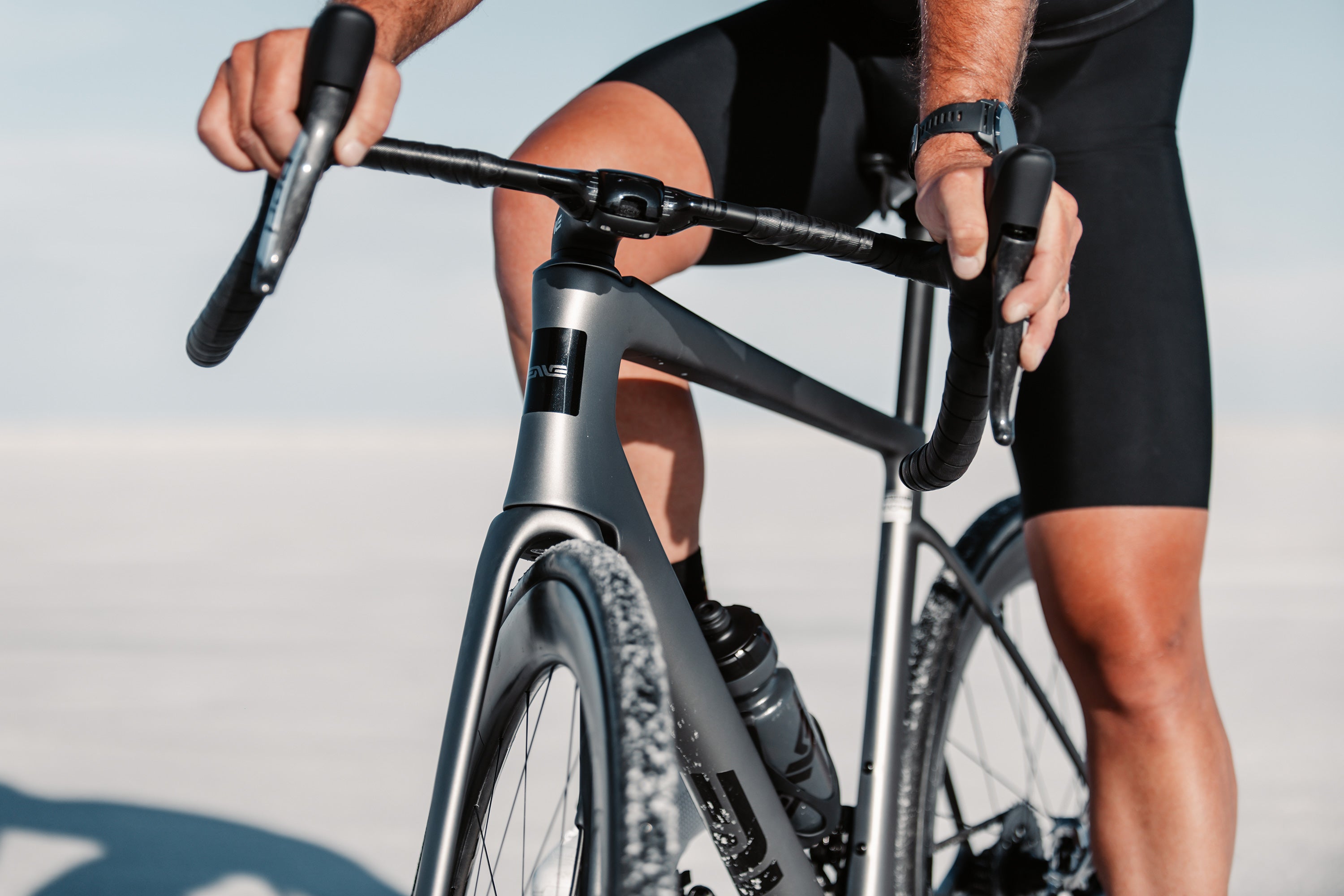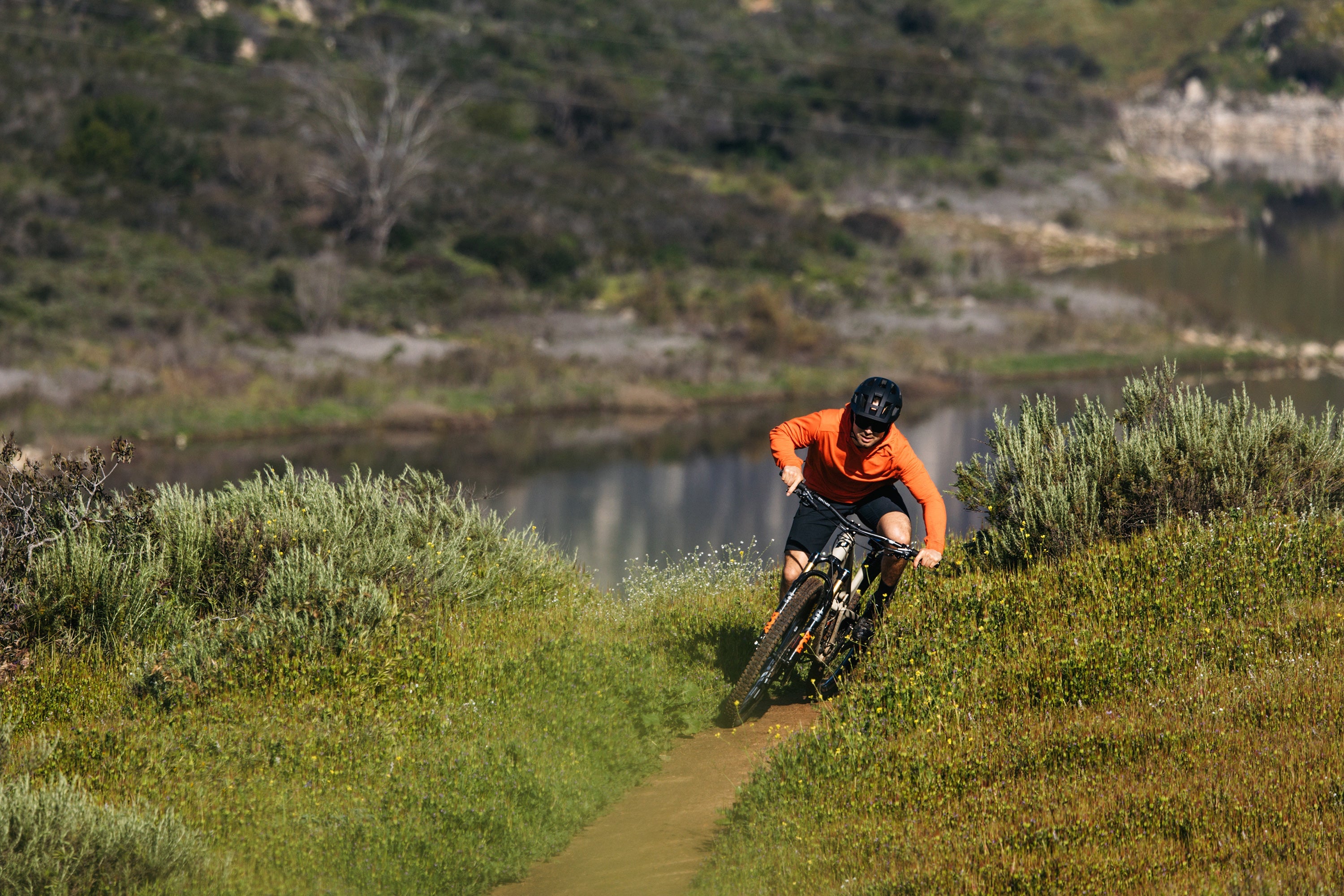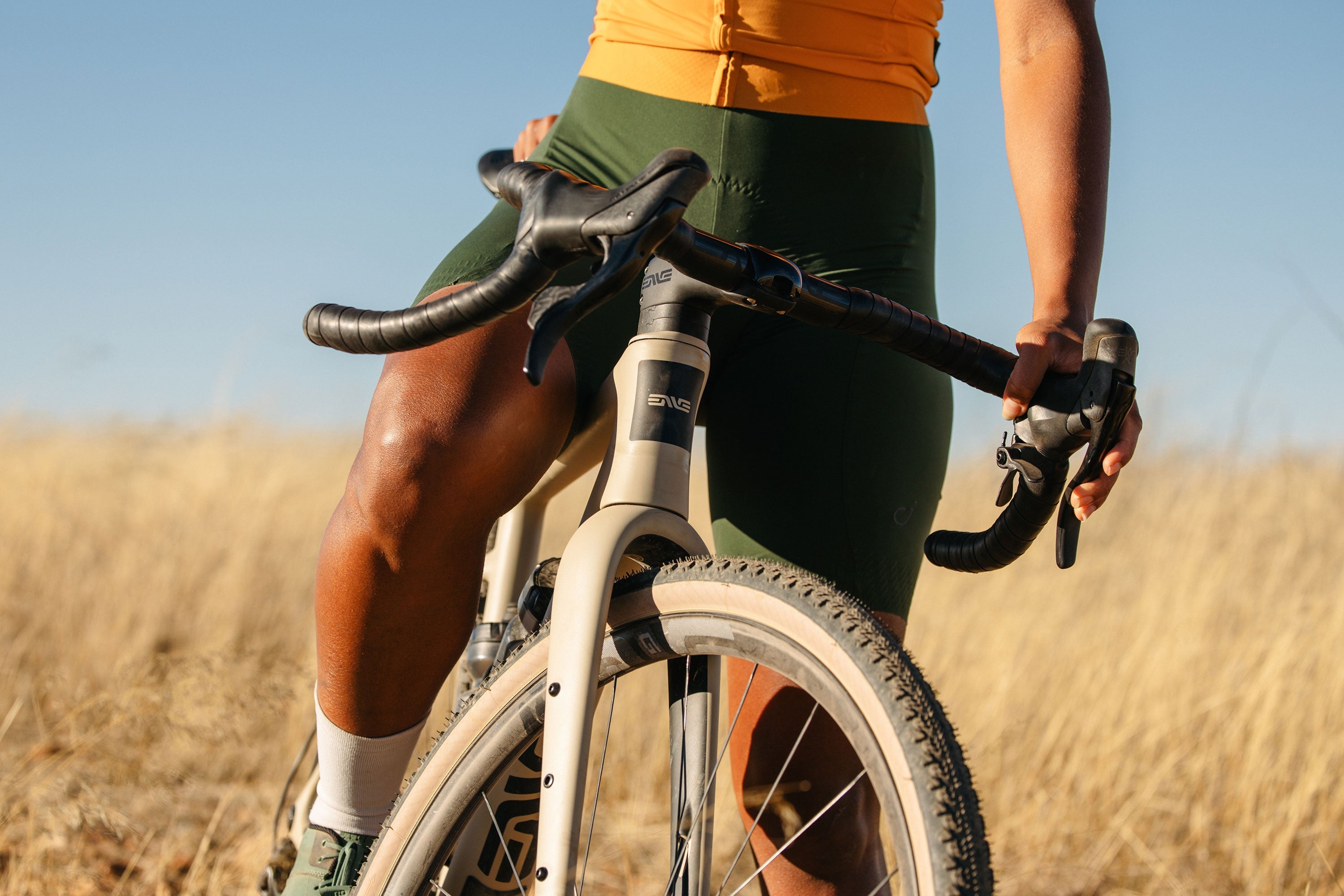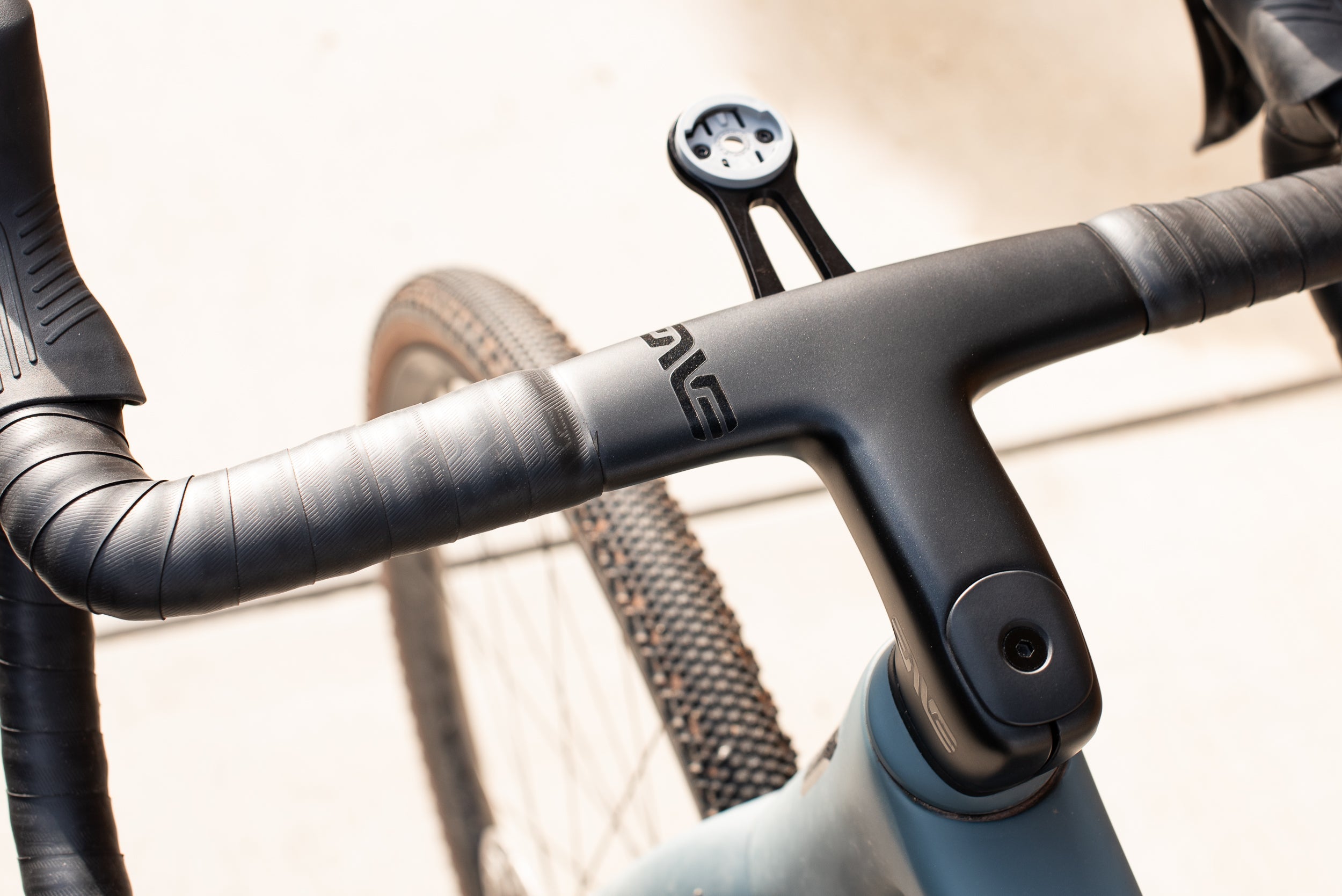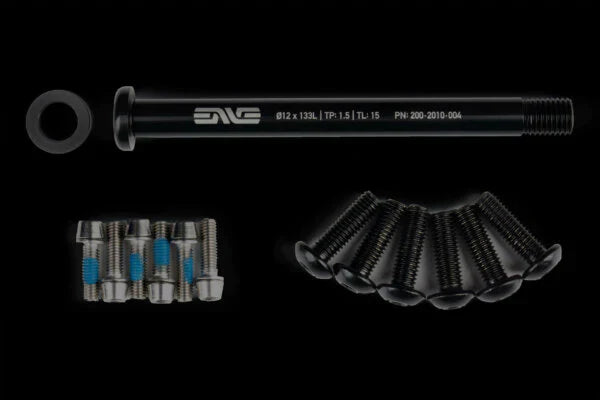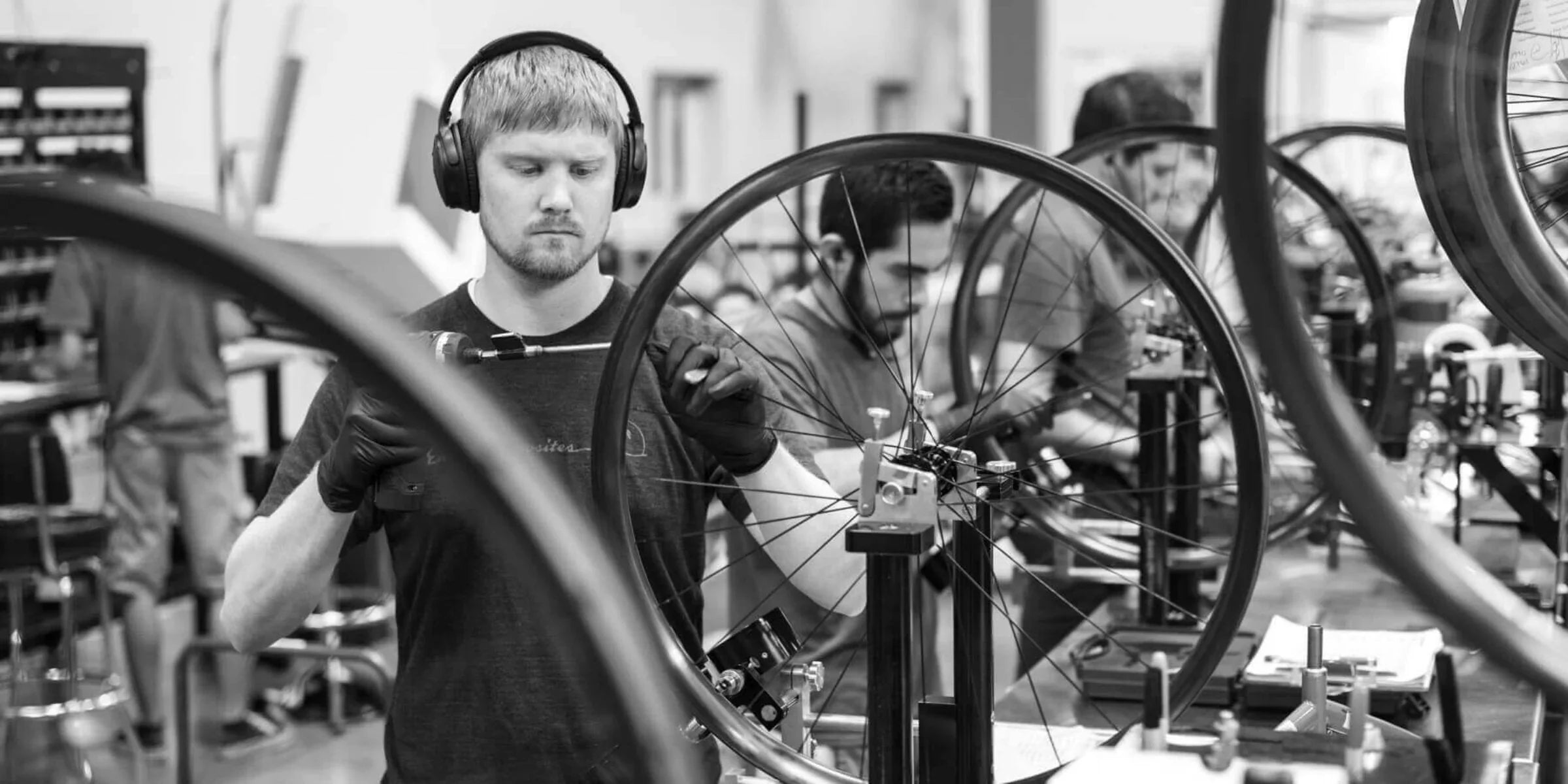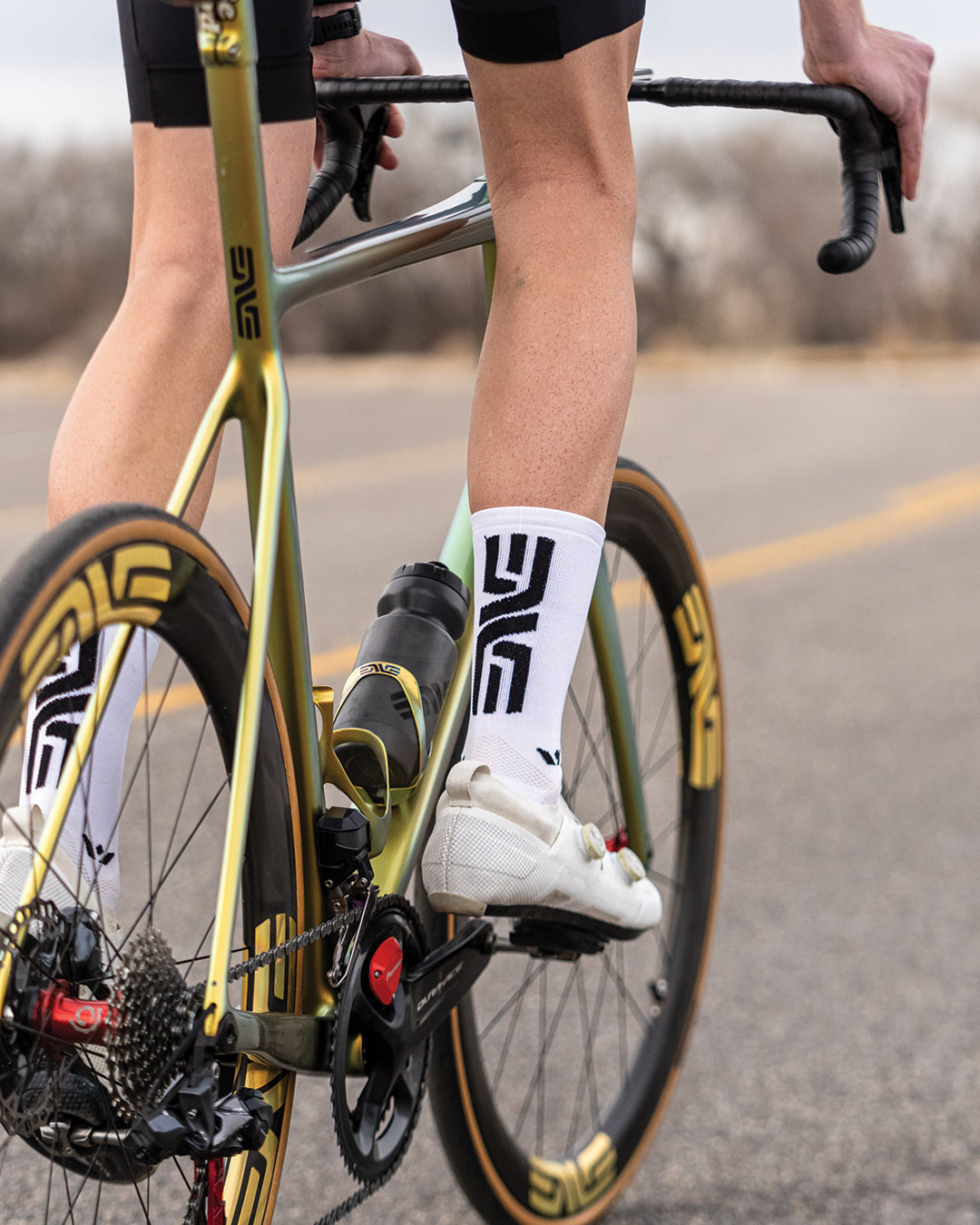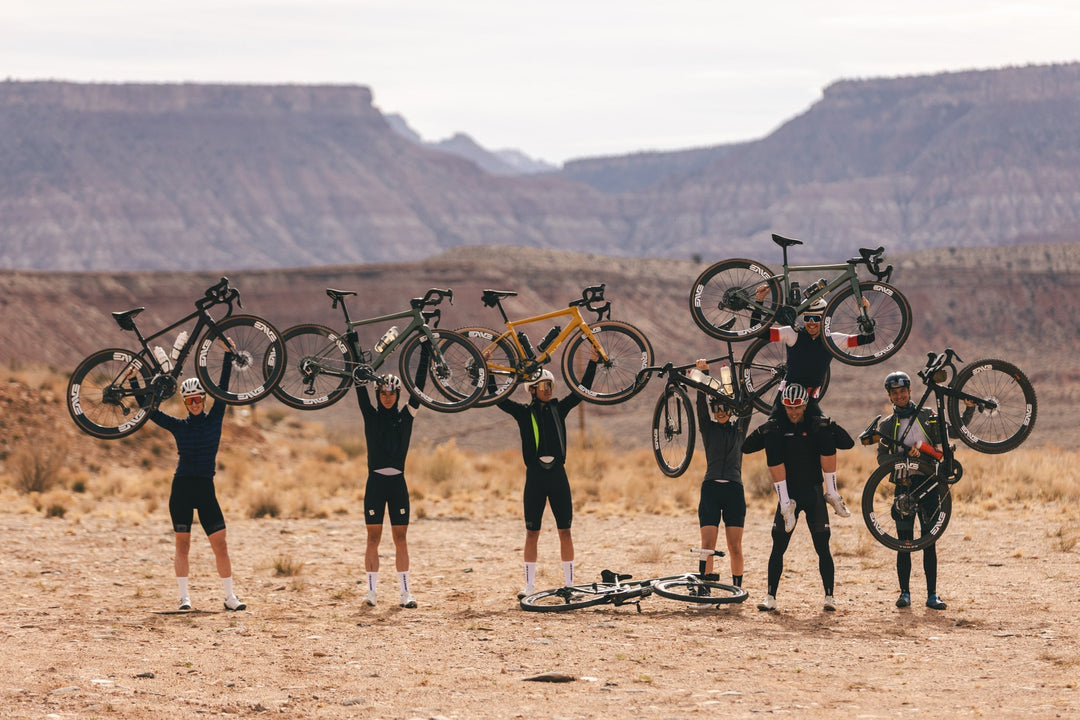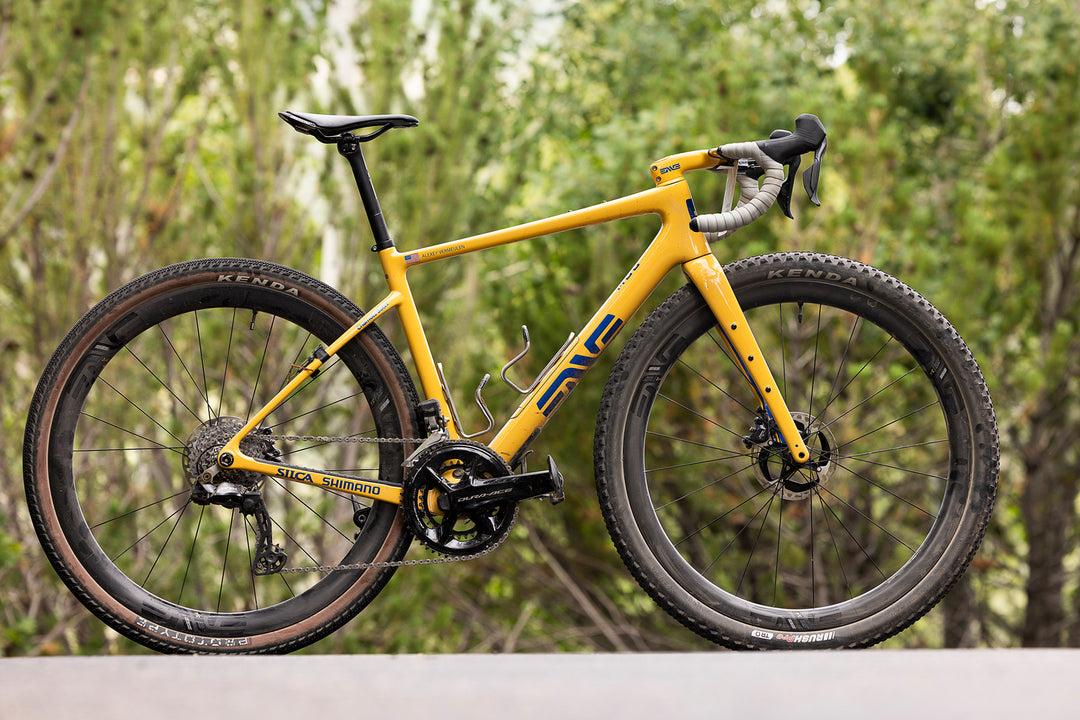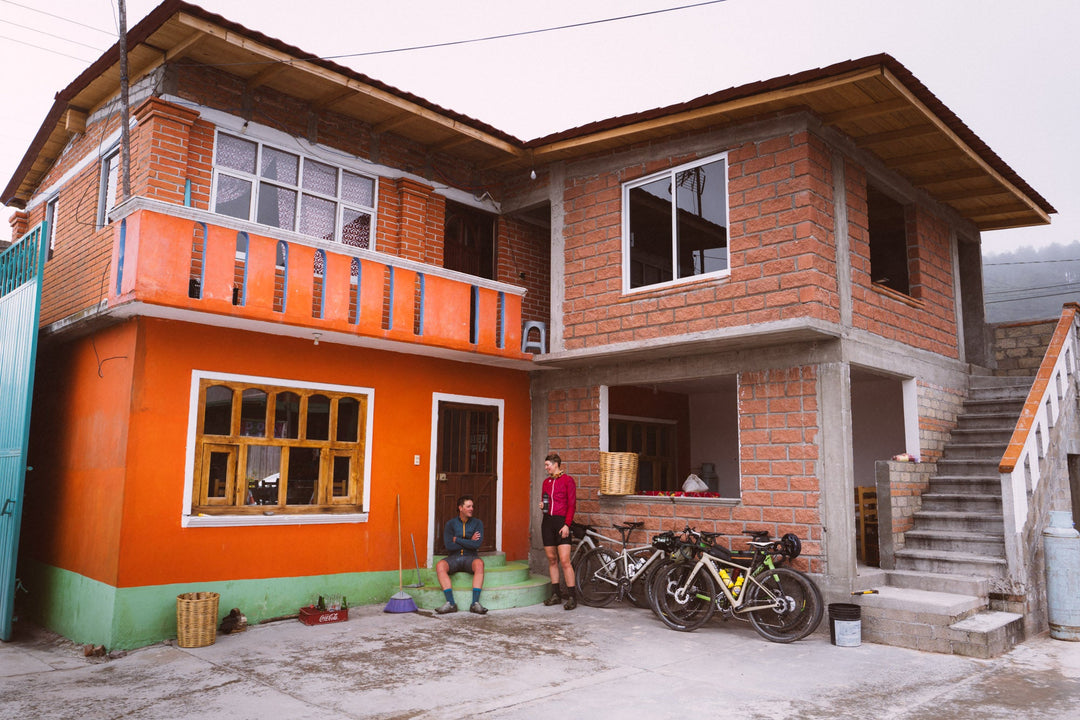Dimension Data Boss Doug Ryder Lays Out His Grand Vision
At the Tour de France, we had the pleasure to sit down with Doug Ryder, team principle of Dimension Data, for a long chat about the team’s season and its future goals. Now, with the team’s announcement of the signing of Louis Meintjes, we can finally reveal the squad’s hugely exciting new target of Grand Tour victory. Meintjes previously rode for the team during the 2013-2015 seasons. He’s an outstanding climber yet no slouch in a time trial. He placed 8th at this year’s Tour de France and second in the white jersey competition for best young rider, equaling his results from 2016 and further underlining his potential.
Ryder’s has always been an ambitious outfit, striving first for Professional Continental status, then a Grand Tour invite, the Tour de France, and inclusion in the elite WorldTour, all while splitting attention between racing success and the raising of both awareness and funds for the Qhubeka charity. Every step initially appeared unreachable, yet now they stand as one of the most winning teams in the WorldTour and victors of no fewer than seven Tour de France stages from just three participations. Even so, when we heard Ryder’s vision for the next three years we were taken aback.
Our dream now is to win the Tour de France with an African rider.
This team was built on a dream, the dream of taking an African team to the Tour de France, and we did that, so what’s the evolution? Well, our dream now is to podium at a Grand Tour in 2020 with an African rider, then to win the Tour de France, and we’re planning that today. If that happens it will be exceptional. It will mobilize the African continent. We have a plan and Louis is our rider. There’s lots still to do but it will all evolve in the next three years.
Nicholas Dlamini will be the first black South African in the Tour de France and that will be big news.
Developing African talent takes time. We’re doing a huge amount through the Qhubeka charity by mobilising people on bicycles, and that’s the start. How many juniors and U23s are there? Not many. But in the Baby Giro, with the best U23s in the world, a Rwandan rider on our Continental team, Joseph Areruya, a 21-year-old kid, won a stage. In the Baby Giro! Are you kidding me? Have you any idea how hard that race is? He’s the first Rwandan rider ever to win a race in Europe, and he came from Adrien Niyonshuti’s cycling academy in Africa. Adrien has known him since Joseph was 10 years old. Then Nicholas Dlamini won the KOM jersey. Amazing.
Our short-term focus is Cavendish and the 35 Tour stage victories because that’s a big deal.
When Cav goes above Eddy Merckx’s stage win record it will be the biggest story in sport, all sport. He will stand alone and he will never be surpassed. The exposure that would bring for his personal visibility, for the charity, for our team and what it stands for, and for our partners, it would be just sensational. So we’re committed 100 per cent to him again in 2018. It’s sad what happened this year. He’d been ill but he had his confidence back and when he’s like that you know he’s going to be good.
Cavendish made an impact before he ever pinned on a number.
As soon as he signed for the team the daily donations to the charity shot up. Our riders would sit on the team bus and just look at him, thinking, ‘My God, 150 race wins in his career and he’s on our bus.’ And they’d wait, even now at this race, they’d stand on the bus and they’d wait for him to come in and choose his seat and only then would they sit down. There’s huge respect and it’s fantastic, because they’ll die for him and he’ll die for them. The visibility that Cav brings to our team is phenomenal. Last year he wore his first yellow jersey in the Tour de France, in 10 races. I mean, we did stuff with him that had never happened before.



When we started at this level in 2013 we were called the Jamaican bobsleigh team.
This team from Africa, sitting on the pavement, what do they know? And the arrogance of the other WorldTour team owners, they were like ‘What are you doing here, mate? There’s no place for you.’ Really, the racism and prejudice against our riders was super hard. Milan-San Remo helped, for sure, when Gerald Ciolek won in 2013, because it gave us credibility. But what really brought the credibility was bringing in strong riders, Edvald Boasson Hagen was the first, then Steve Cummings. Cav smacks people in the bunch if they say anything or touch our guys. All of a sudden, our guys found they had extra space in the bunch. Before they’d be elbowed, pushed out, sent to the back…so aggressive. You might not think cycling is a physical sport in that way, but you wouldn’t believe it. When you’re fighting for that space, or for a wheel, it’s tough.
Women’s cycling has become amazing.
I think every WorldTour team should have a women’s team, and you can run one for €1m per year, but a million Euros is a million Euros. Right now, if I were to spend another million Euros over and above the €650k I spend on the Continental team and the €14m I spend on the WorldTour team, I’d buy a GC rider so I could exist in two years’ time. Because if I do a women’s team today and I don’t exist in two years’ time then the Conti team, the WorldTour team, the charity and the women’s team are all done, over. So there have to be priorities.
We’re unique as a team in that we give every rider an opportunity to win.
As a cyclist, when you started the sport and you won some things that was the passion and the drive. Then you become professional and suddenly it’s not about you, it’s about somebody else and you become a function in a system, not a person in a team. We listen to what the riders want to achieve and we try to help them do that. At the Tour, we analyse every stage and we look at each rider’s abilities and we target stages with them, together. We recce those stages and we focus on them.







In 2015, our first Tour de France, seven out of our nine riders went top-10 in stages.
If you go top-10 then you’re close to winning, you had a chance. The last two stages that Steve Cummings has won, in the ’15 and ’16 Tours, were stages that we had planned for him. Think about it, when you plan something in sport and it works, it’s like ‘Wow! Awesome!’ because it’s about all of the elements coming together and it doesn’t always happen. Even with Cavendish
If I was anybody in the race I would stand on the start line and look at Steve’s chain.
People are starting to notice when he’s targeting a stage because we have these CeramicSpeed chains with a white Teflon coating
We’ve resurrected many careers on this team.
Steve Cummings, Edvald Boasson Hagen, Cavendish… Cavendish won four stages at the Tour de France last year and for three years he didn’t do that because he didn’t feel valued. A really good rider, one of the best time triallists in the world, contacted me at the beginning of this year and came to our training camp in Calpe in Spain and wanted to join our team. I asked him why and he said “I have unfinished business in the sport still and I want to do X, Y and Z, and the perception is that your team listens to the riders and believes in their dreams.”
We want to create African heroes to make the bike cool.
Africa is a continent of a billion walkers. Why? Because owning a bicycle means you’re too poor to own a car, so you’d rather walk. It’s a status symbol, so nobody rides bicycles in Africa. We want to get people mobile, get kids to school, on bicycles through the Qhubeka charity. We’re working with ASO and French TV and radio, because 330 million people in Africa are French speaking and most of Africa has access to a radio. That’s how cycling grew so big in Colombia, broadcasting Quintana and those guys racing the Giro d’Italia. It connected the whole country behind those guys and they’re now stars.






